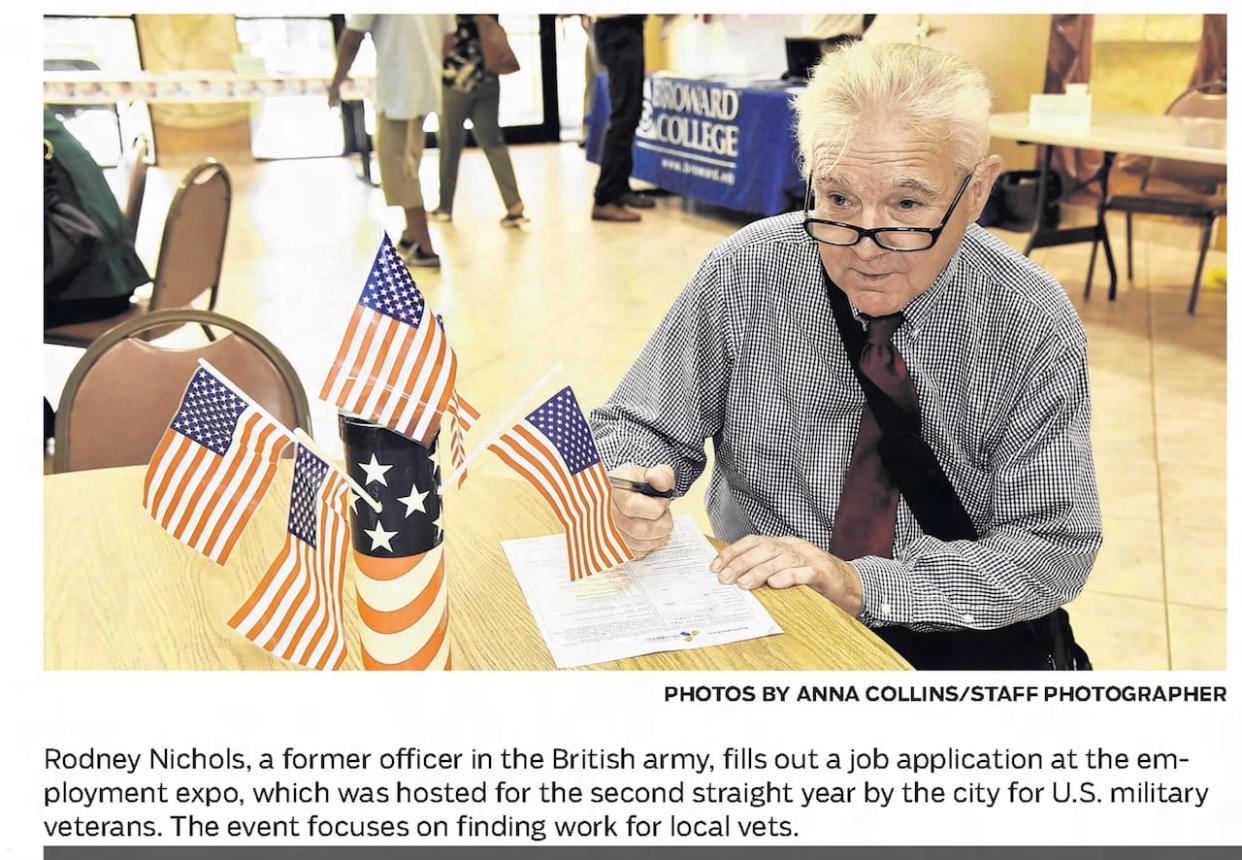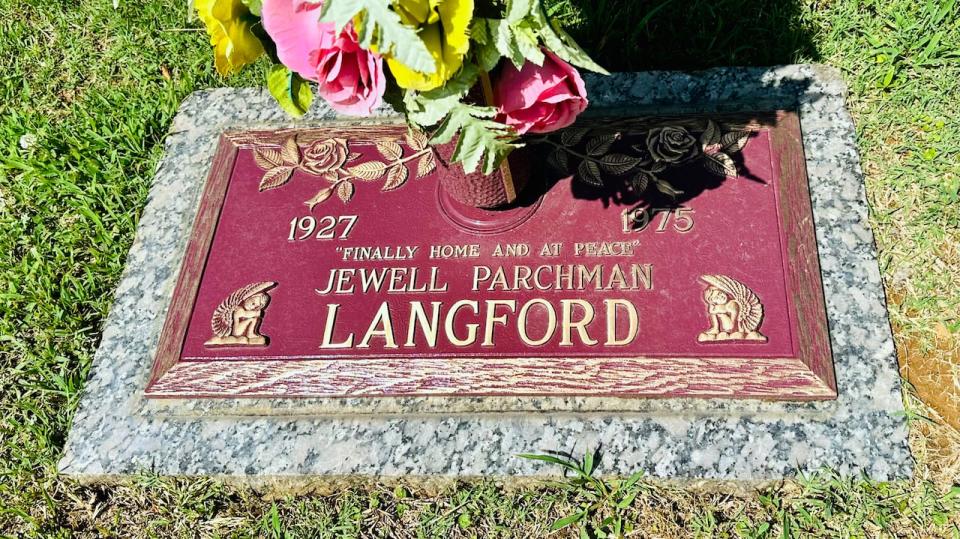81-year-old ex-Montrealer coming back to face Canadian justice in 1975 cold-case killing

Officers from the Ontario Provincial Police (OPP) have gone to Florida to repatriate a former Montreal resident charged with the murder of his former girlfriend, who was found strangled in the Nation River in eastern Ontario 48 years ago.
Rodney Nichols, now 81, is expected to make his first court appearance by video link on Saturday.
Unidentified for decades, Jewell Parchman Langford was long known only as the "Nation River Lady" — after the location where her body was discovered in 1975.
This will be Nichols's first appearance in Canada in relation to her killing, after being extradited from the United States to return to stand trial. He has lived for years in a retirement home in Hollywood, Fla.
Nichols, who has limited mobility and suffers from dementia, returned to Ottawa aboard a private air ambulance. The flight left Fort Lauderdale-Hollywood International Airport early Friday afternoon.
Parchman Langford's murder is one of Canada's oldest cold cases. One of her nieces, who lives in the United States, expressed relief upon learning that Nichols was extradited despite his health problems.
"I was very concerned that they would try to use his current situation to argue that he should not be held accountable. But in my opinion, he knew what he was doing back in 1975 when he committed this, if he is found guilty. So I feel like it's very important for our family, for closure, for him to have to go to trial," said Denise Chung.

An undated photograph of Jewell Parchman Langford, left, and a reconstruction of the woman then known only as the Nation River Lady created by Ontario Provincial Police in the mid-2010s, right. (CBC)
A long police investigation
The OPP only started making significant progress in their investigation in 2020 after identifying the victim whose remains were found in Casselman, Ont., along Highway 417 between Ottawa and Montreal. Parchman Langford's identity was established through genetic genealogy, which helped find her family members in Tennessee.
She had left the state in the mid-1970s to live in Montreal with Nichols, who was then a rugby player with a club in Westmount.
This discovery led the OPP to work with police in Montreal, where her family had reported her missing in 1975. At the time, police had not made the link between her disappearance in Montreal and the discovery of the body in Ontario, approximately 150 kilometres west.
According to documents filed in court in connection with the extradition request, Nichols allegedly confessed to Parchman Langford's murder last year during an interview with OPP investigators at his home.
According to the documents, he told investigators he killed her after realizing that she had lied to him about her age. At the time of her death, the Tennessee woman was 48 years old and Nichols was 32.

Jewell Parchman Langford's grave marker at a cemetery in Jackson, Tenn. (Denis Babin/Radio-Canada)
Lawyer challenged validity of investigation
Nichols's lawyer challenged the validity of the OPP's investigation, pointing out his client suffers from advanced dementia. Defence lawyer Michael Caruso claimed that his client's alleged confession was obtained without taking into account his mental state.
Still, investigators believe Nichols knowingly lied to Montreal police officers in an interview on June 7, 1975, to cover up his role in the disappearance of his then partner.
At that time, he said he had just spoken to her and that she was in Vancouver. In fact, her body had been found about a month earlier face-down in the Nation River near Casselman. The police had found traces of blood on the bridge spanning the river on Highway 417.
According to affidavits submitted to U.S. authorities, Nichols and Parchman Langford met in Florida in January 1975. She divorced her husband in Tennessee a few weeks later and travelled to Montreal.
The two bought a house in Montreal and moved in together on April 18, 1975.
Family members did not hear from her after April 22 that year. Her body was found on May 3, 1975.


